Product rendering is quickly gaining popularity among furniture manufacturers. There are a number of reasons for it: it’s convenient, more affordable than photography, and more productive than traditional means.
However, the main thing 3D visualizations are prized for is their ability to connect with customers and provoke emotional responses. Also, contrary to photography, CGI is fully controllable and customizable — it’s possible to tweak it to suit every client’s whim.
There are several uses of 3D product rendering to improve sales. This time we’ll focus on emotional marketing. Here are 7 ways of enticing customers with 3D images!
#1. Create Visuals For Your Products With Different Themes And Moods
The easiest way to provoke emotional responses from viewers is tonal shifts. A sofa, for example, can be seen as inviting or sleek based on lighting and color overlays. Product rendering can quickly create variants of the same merchandise – make use of every sentiment “flavor” with little effort.
#2. Use 3D Animation For Product Presentations
Product rendering extends beyond static images. 3D animation has evolved significantly from the early days of awkward infographics, now capable of seamlessly animating photorealistic objects within dynamic environments. It offers a wide range of applications, including timelapse sequences, fly-throughs, 360-degree views, and more. Such immersive promotional content is sure to leave a lasting impression on potential customers!
#3. Place Products In Context
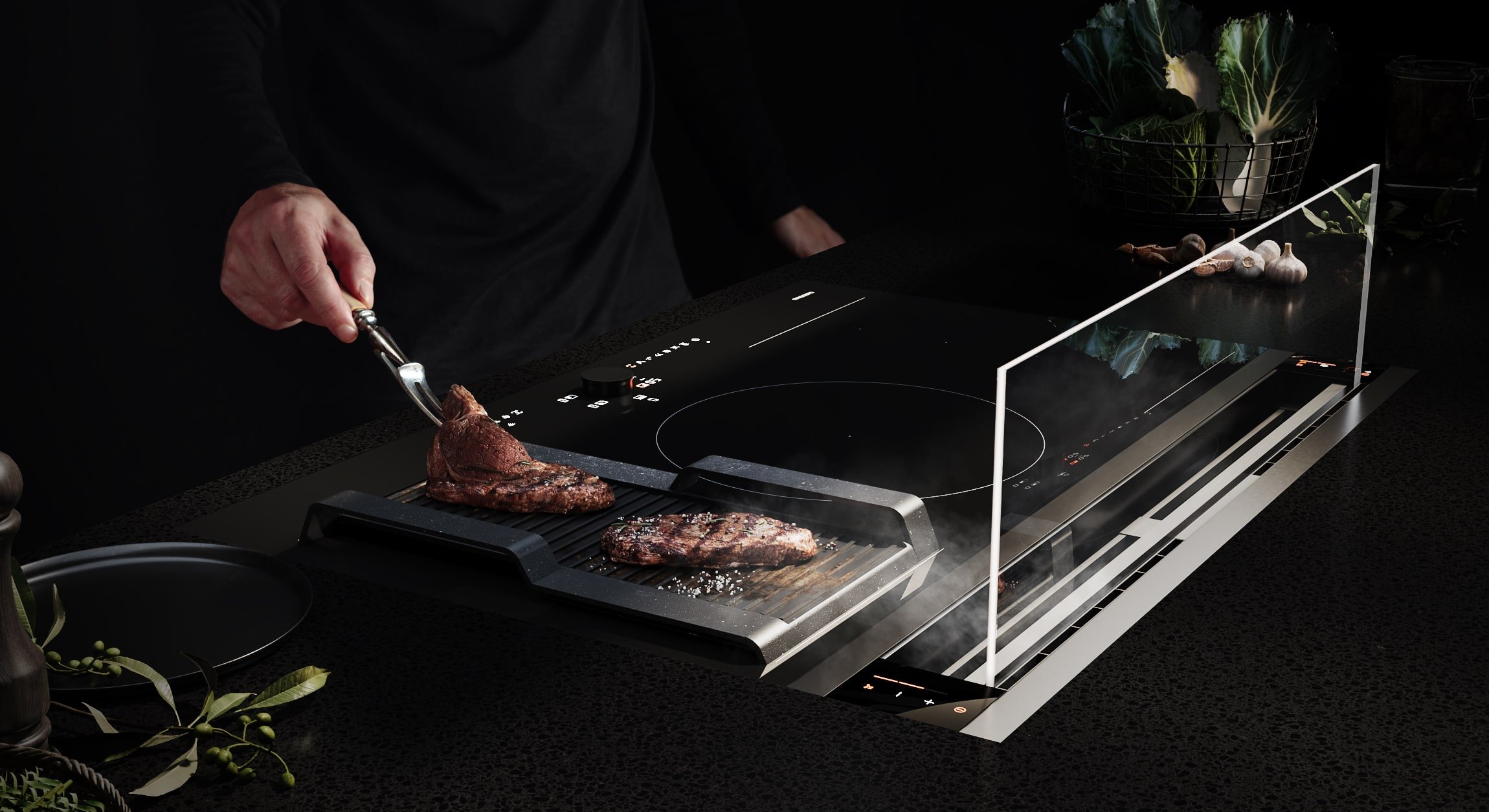
Internet marketing sets several bars for advertisers. No longer can you rely only on still shots with plain backgrounds — a product needs context so that customers understand how it will fit into their everyday lives.
Product rendering doesn’t require real props, which is the case with traditional photography. Moreover, it takes less than a day to create a fully reusable environment for your goods. As a result, clients are satisfied and you have saved up on ads for next season — a win-win situation.
#4. Use VR And Panoramic Views For Product Promotion
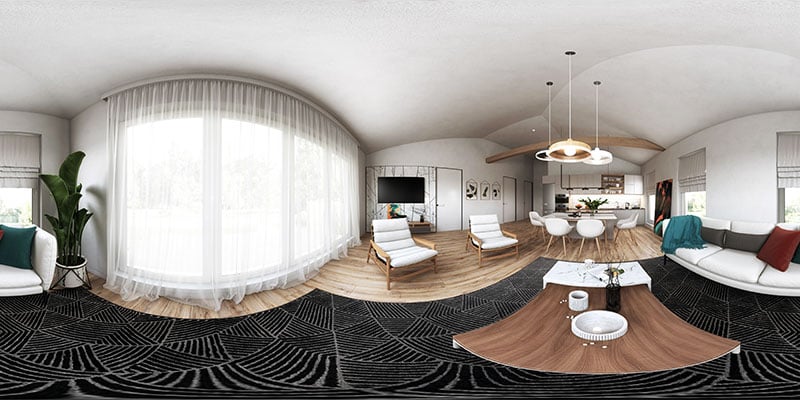
VR revolutionized visual entertainment mediums with breathtaking immersion and interactivity. However, it requires a CG environment to function — and this is where 3D product photography comes in.
Virtual reality offers customers the opportunity to not only visualize but also interact with the product and envision how it seamlessly integrates into their homes. Additionally, the use of 360-degree panoramic views enhances the visual experience, creating stunning immersive effect. When combined, these immersive technologies have the potential to greatly impress clients and leave a lasting impact on their decision-making process!
#5. Show Creation Process Or Breakdown Of Product Layers
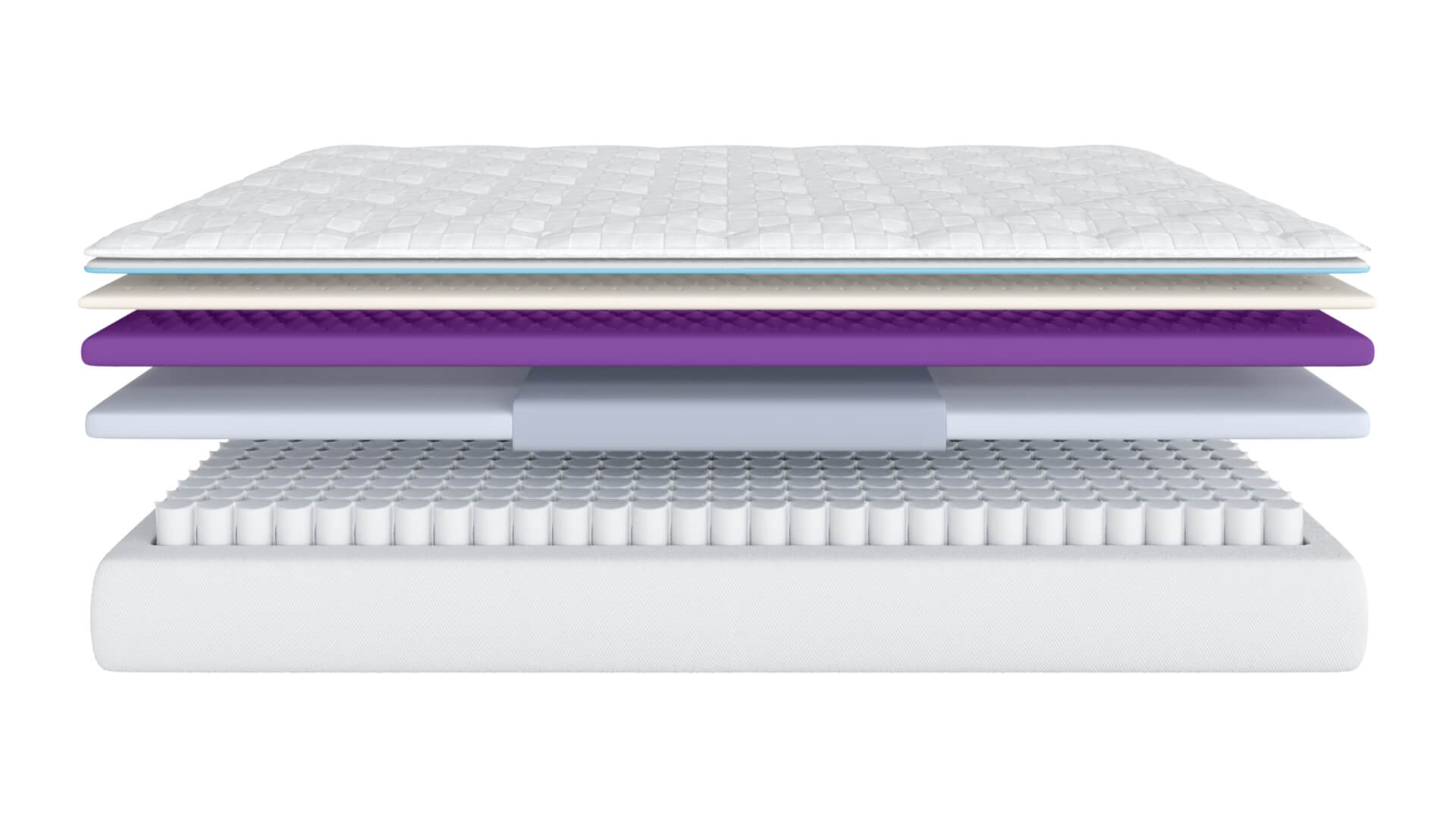
Material quality or level of craftsmanship are sometimes defining factors to convince customers to buy your product. Product rendering works wonders for this kind of imagery, specifically exploded and cut-out views. Using them, 3D objects can be constructed and deconstructed individually layer by layer and part by part. The resulting pictures can show every detail of your product. “Show, Don’t Tell” principle at its finest.
#6. Implement Interactive Product Customization
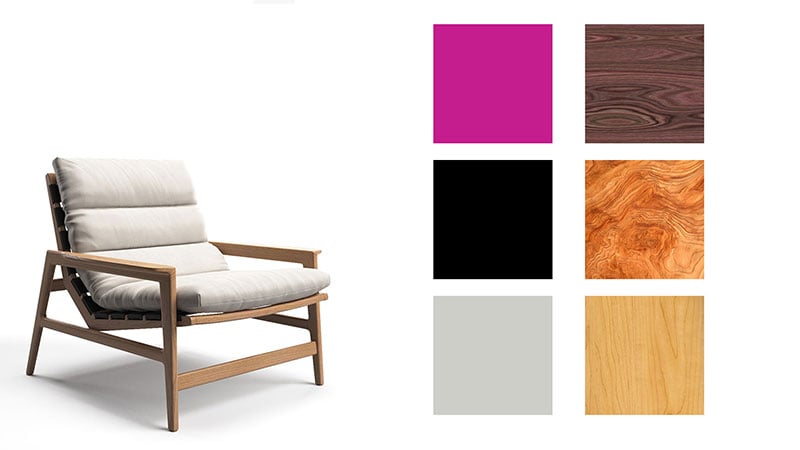
VR showrooms are one way of making customers’ experiences interactive. Another method is to allow them to customize the item they are interested in but don’t find a default design appealing. Let them choose from several ready pre-made elements!
Remember that product rendering can produce multiple iterations of the same item? Well, here is a good example of how this handy feature can be used. And again, all that client needs is a gadget and access to an online catalog or database. With a push of a button, they can personalize their future purchase, guaranteeing a successful deal.
#7. Tailor Image Quality To Social Media Standards
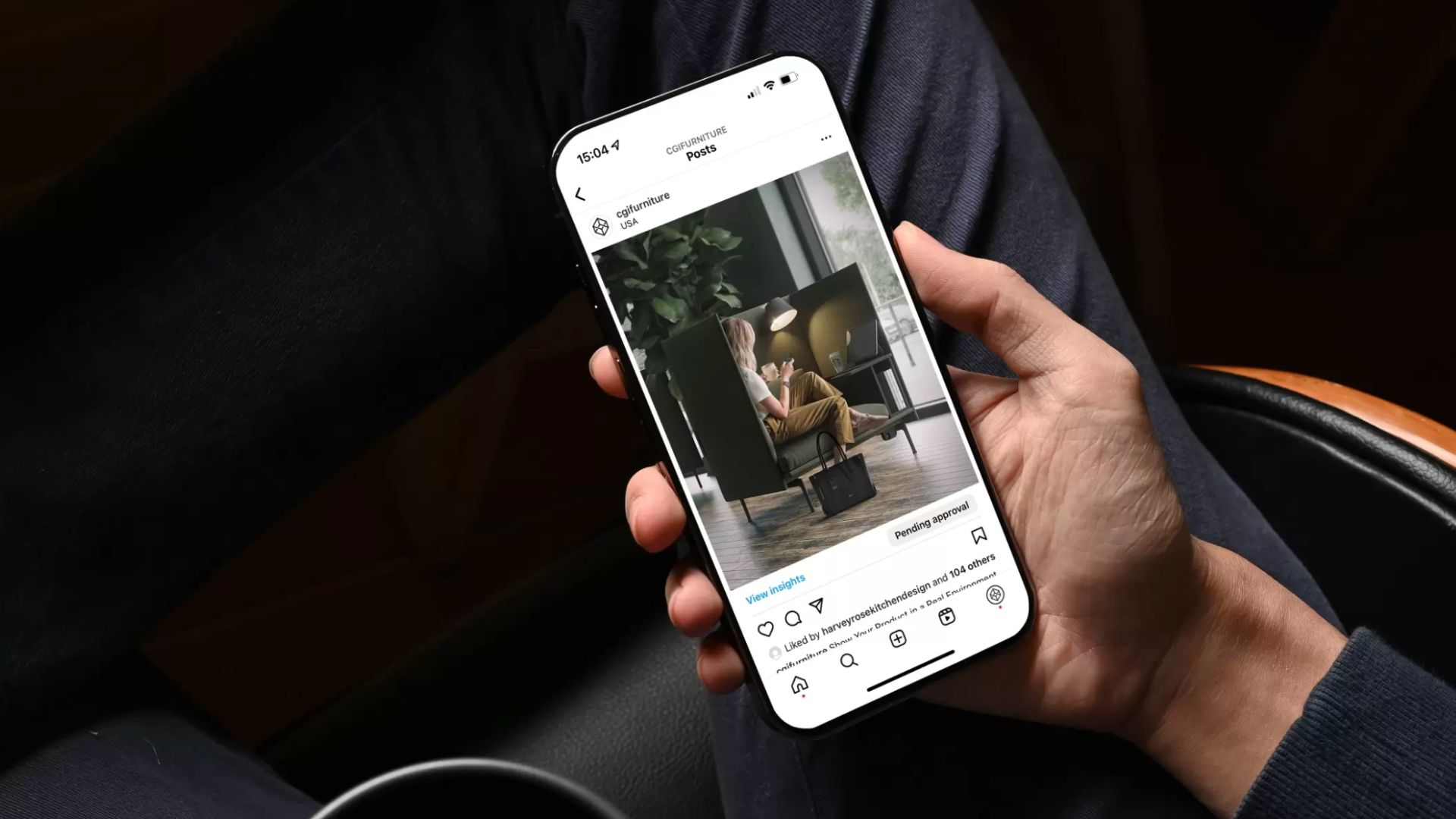
A fierce competition exists between product rendering and classic photography as both are capable of producing 4K Ultra HD images. However, product rendering holds undeniable advantages. It enables the addition of customizable lighting and the capture of angles impossible to recreate in reality, while also allowing for the efficient generation of visualizations in large quantities. Analytics indicate that, gradually yet steadily, CGI will prevail over traditional photography in this ongoing rivalry, unless photographers innovate with something radically new!
If you are looking for ways to successfully improve your business, 3D product rendering is a great solution. It is versatile, constantly evolving, and a cost-saving alternative to photography. Consider starting today: get your first photorealistic CGI promotional materials with our 3D rendering services!

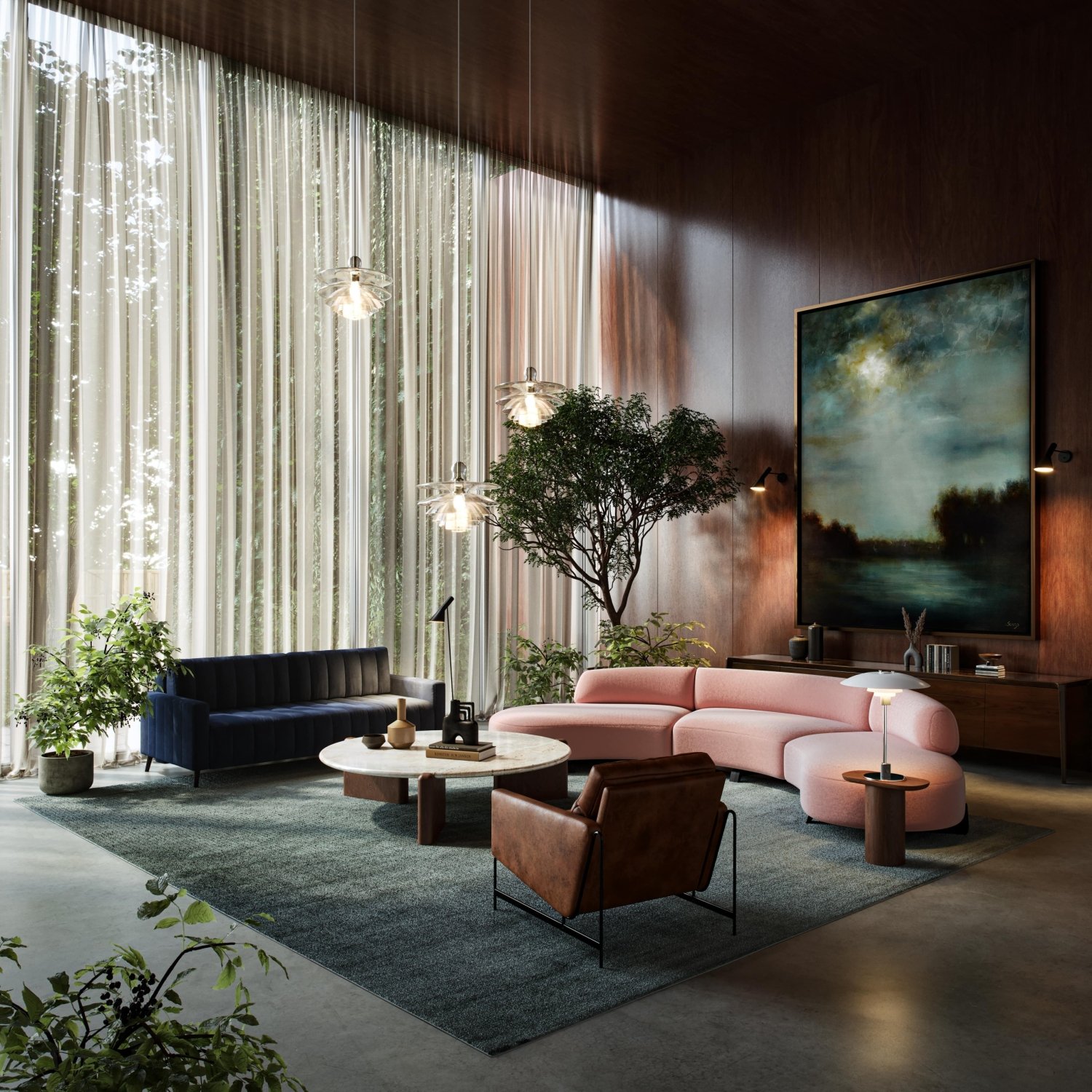
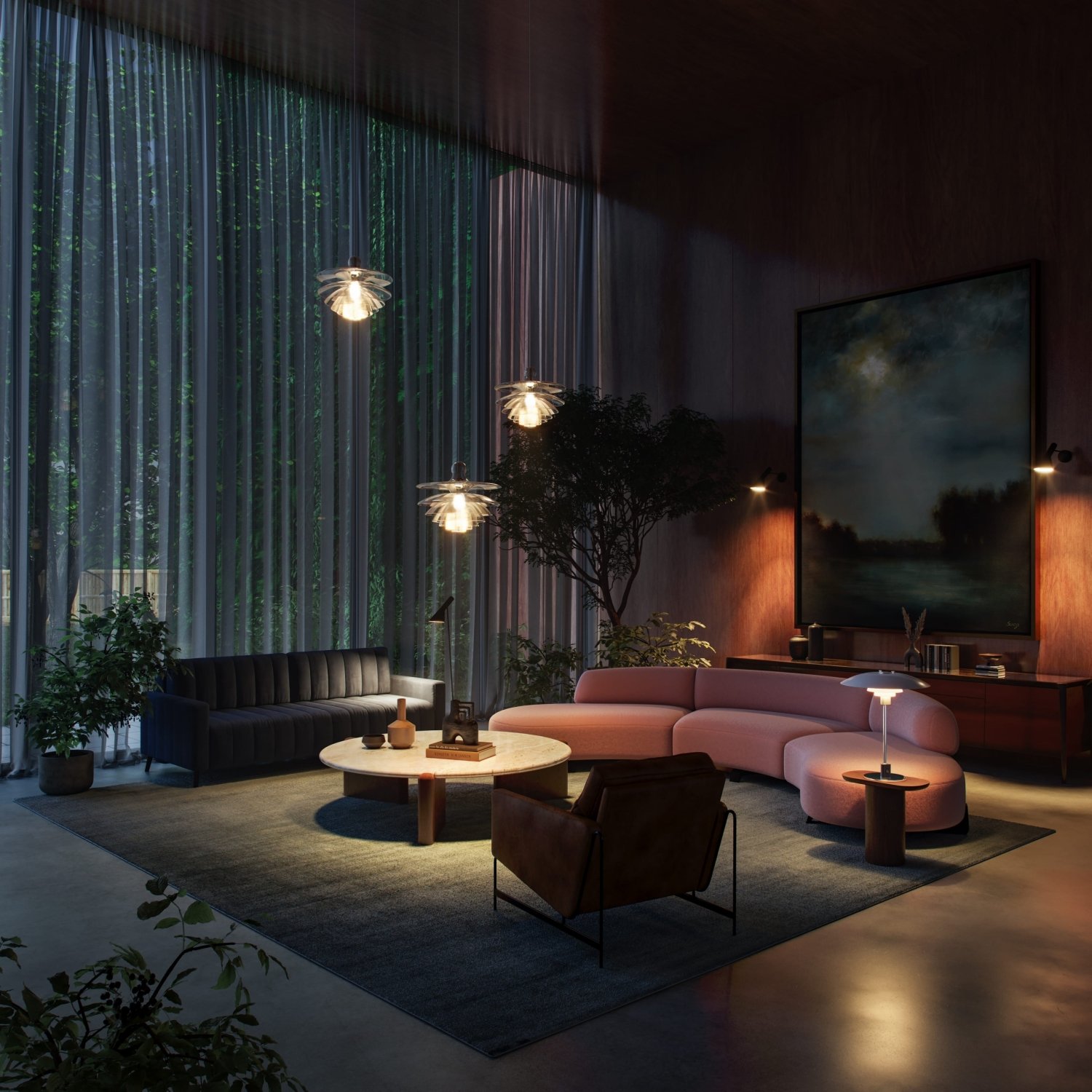
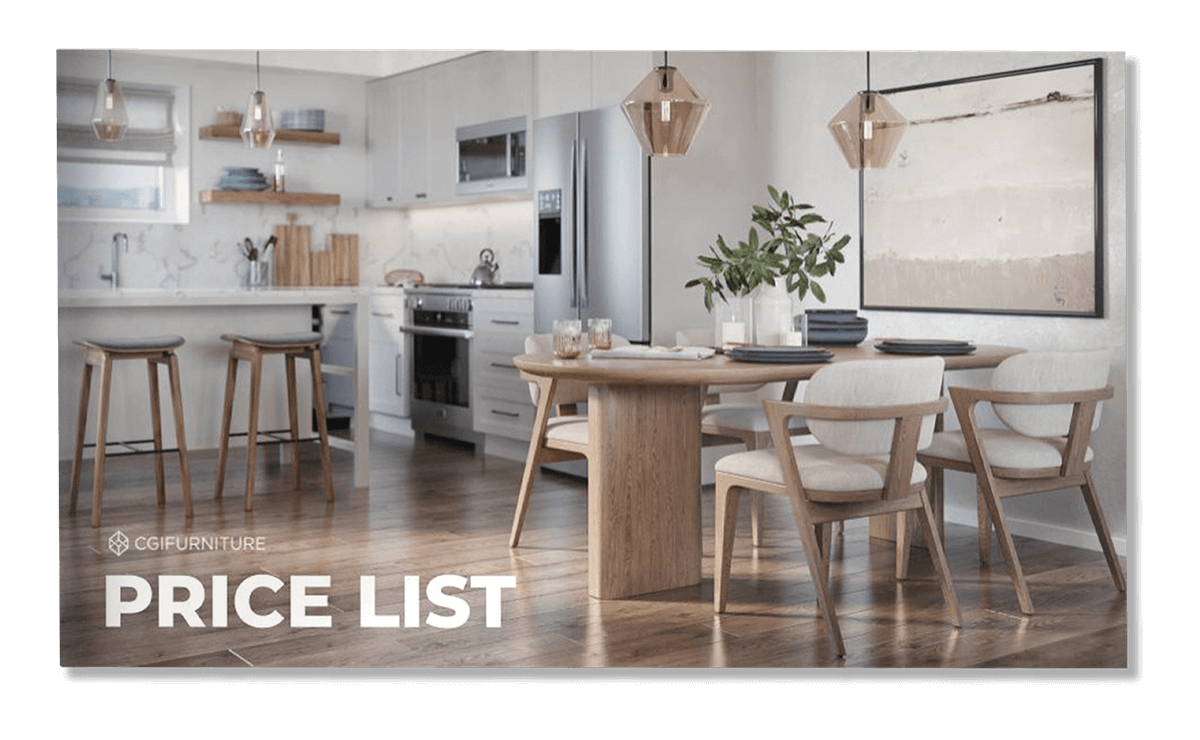

Leave a Reply
Want to join the discussion?Feel free to contribute!